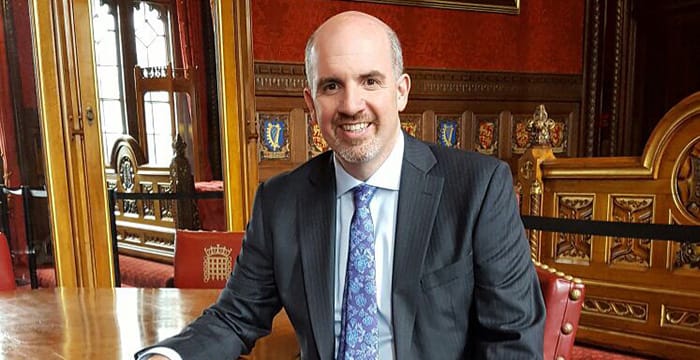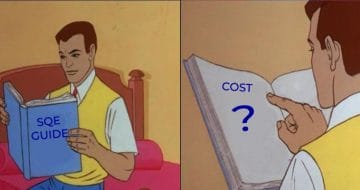Multiple-choice exams aren’t the most effective way of judging ability, argues Durham Law School dean

The dean of Durham Law School, Thom Brooks, has called on law firms to publicly challenge the Solicitors Regulation Authority (SRA) over its plans to introduce a centralised solicitor super-exam, “before it is too late”.
Writing in the The Times (£) today, Brooks claims that despite meeting with law firms of various sizes regularly, he is yet to find a partner who is in favour of the regulator’s new Solicitors Qualifying Exam (SQE), otherwise known as the super-exam.
The SQE will replace traditional routes to qualification (Legal Practice Course and Graduate Diploma in Law) and is set to come into force in September 2021.
Taking aim at the assessment’s proposed multiple-choice format, Brooks writes:
“Multiple-choice exams are easier and less costly to assess for large groups, but not the most effective way of discerning ability. Potential is better captured through a diversity of assessments. Putting all eggs in a single basket gives an advantage to the students who need it least.”
As a result of these changes, Brooks argues that, going forward, law schools will be judged on whether its “factory-produced” wannabe lawyers can pass a standardised assessment, “rather than on how innovative the education they provide is.” This, according to Brooks, could see some law schools ditch their LLB offerings in a bid to cut costs, before adding: “Therefore, while it is designed to increase access, the SQE will close doors.”
Elsewhere, Durham’s Law School dean, writing in a personal capacity, cites the regulator’s claim that the fresh approach will help tackle the so-called ‘LPC gamble’. This is where aspiring solicitors are forced to pay large, up-front costs — as much as £16,230 for students starting the LPC this year — with no guarantee of a training contract. On this, Brooks says:
“Yet the SQE will cost up to £4,500 to sit, not including of any supportive tutoring that will surely become the norm. The SRA is replacing one gamble with a worse one.”
Brooks’ criticism comes just weeks after the SRA published a breakdown of the provisional fee range for both parts of the SQE. SQE1, which focuses on black letter law and will take the form of a computer-based, multiple-choice assessment, is likely to cost anywhere between £1,100 and £1,650. Meanwhile, SQE2, which tests practical legal skills such as advocacy, is likely to cost between £1,900 and £2,850.
The regulator stressed the costs are “indicative” as it continues to work with Kaplan (the education giant which won the contract to run the SQE earlier this year) to develop and test the assessment.


